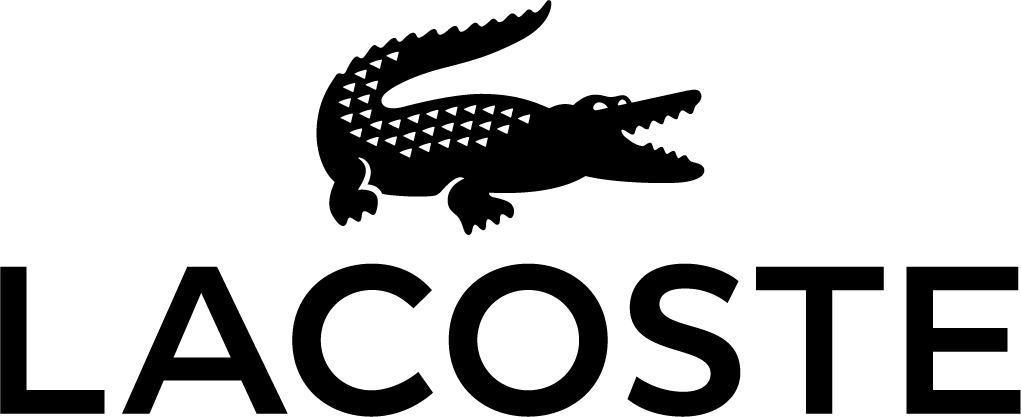
Your mother visited her local eye doctor recently and was diagnosed with cataracts. Now what? How can you help her?
Find Out the Facts
First of all, we advise you to educate yourself about cataracts so you can share the information with her – especially if she isn’t able to research on her own. You should explain that cataracts are common, yet they can significantly reduce vision. However, they are also treated effectively by cataract surgery – a safe, painless and quick procedure that typically restores clear eyesight. If surgery is advised, reassure your mother that you will be there to provide full support and care.
Pick up the phone and call your parent’s insurance company to find out all the costs and fees. Ask for details about what’s covered before and after the surgery. Every part of cataract surgery, from the testing to the intraocular lens, will have its own price. There is a variety of lens types and you need to help make the right choice. Many insurance companies only cover the cost of a standard monofocal lens, so it’s important to clarify before you make any decisions with her eye doctor about the type of surgery.
Also, your mother may be able to have her cataract surgery either at a local hospital or specialty surgical center, and this decision may depend upon her insurance policy. It’s smart to consider convenience too. In order to make the most of our compassionate co-management services, it’s efficient to have the surgery at a facility near our Lee’s Summit or Lenexa eye care center.
Schedule Regular Eye Exams
Sometimes cataracts are mild enough that cataract surgery isn’t recommended yet. If that’s the case, then you need to be vigilant about making sure she returns to her nearby optometrist for regular eye exams. Follow-up evaluations of her ocular health are the only way to keep tabs on the cataract, which may be worsening. Once it obstructs her vision and interferes with normal day-to-day life, her eye doctor may decide it’s time to remove the cataract.
Keep Watch to Keep Her Safe
Until she has cataract surgery, it’s also important to pay attention to your mother’s behavior – in order to keep her safe. Cataracts can blur her vision, which increases the risk of dangerous falls and fractures. And don’t forget about quality of life! Once a person can’t see clearly, typical actions – reading, watching TV, driving, writing – all become tiresome and frustrating. If you notice that your parent is struggling to see, it’s a bright red flag that an eye exam is needed. Our optometric team performs thorough geriatric eye examinations in our Lewis Center, Westerville and Johnstown eye care clinics.
Partner in Your Parent’s Eye Care
If you haven’t already been doing so, now’s the time to start accompanying your mother to all her doctor’s appointments. Even if she is in perfect health with no signs of dementia or confusion, a discussion about cataracts and cataract surgery introduces a lot of new and unfamiliar information. It’s easy to become overwhelmed. You can keep track of the conversation and help her to ask questions and understand the instructions. Our Lewis Center, Westerville and Johnstown optometrists want everything (including her vision!) to be crystal-clear, and we’ll explain patiently.
One of the best ways for you to help is to be there from the diagnosis, through cataract surgery, and during the aftercare. If your parent needs cataract surgery and you want to be involved, contact our premier eye doctors in Lewis Center, Westerville and Johnstown to book a consultation together with your loved one.
At Professional VisionCare, we put your family’s needs first. Talk to us about how we can help you maintain healthy vision. Call us today: 614-898-9989 or book an appointment online to see one of our Lewis Center, Westerville and Johnstown eye doctors.
Want to Learn More? Read on!
FOLLOW US:































